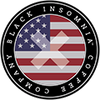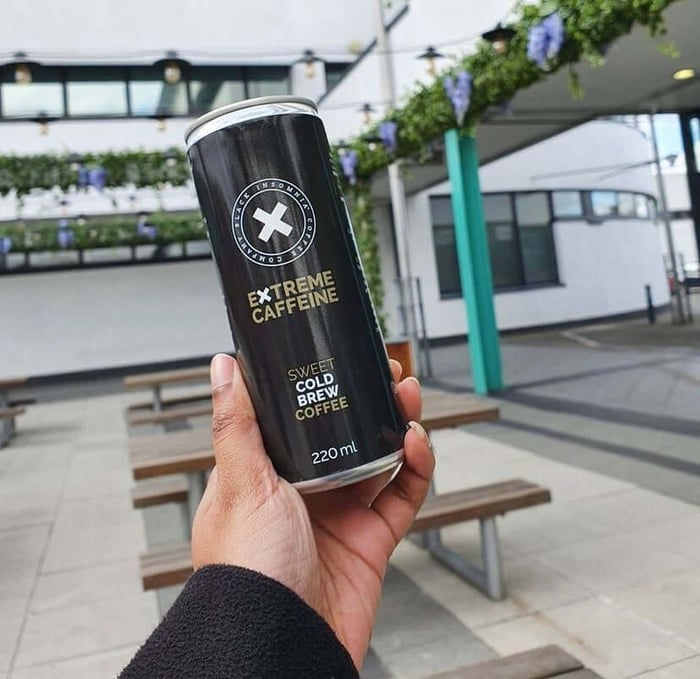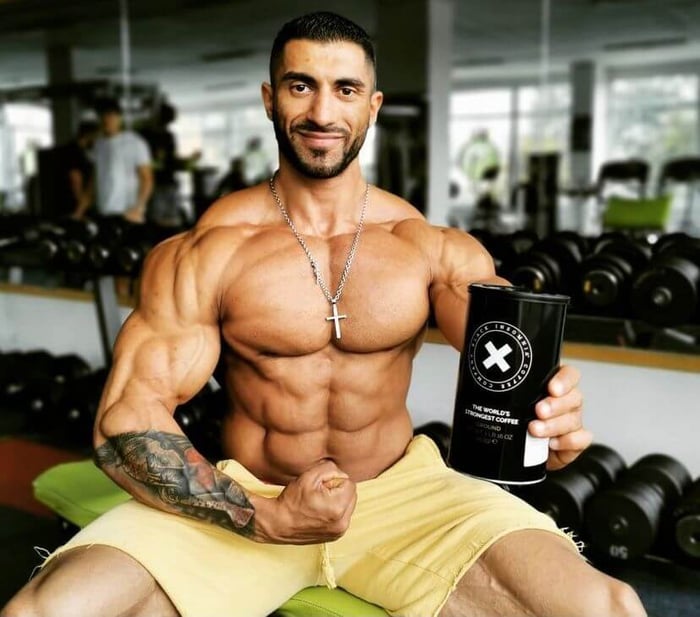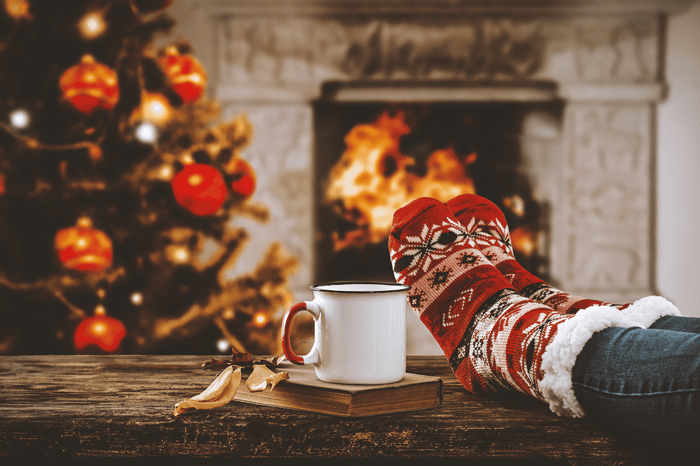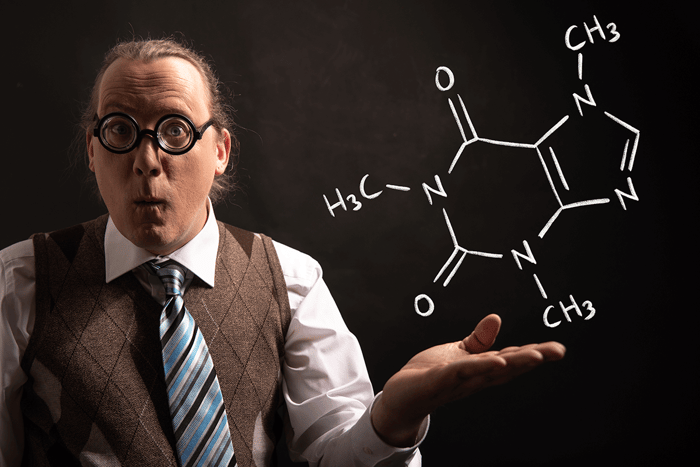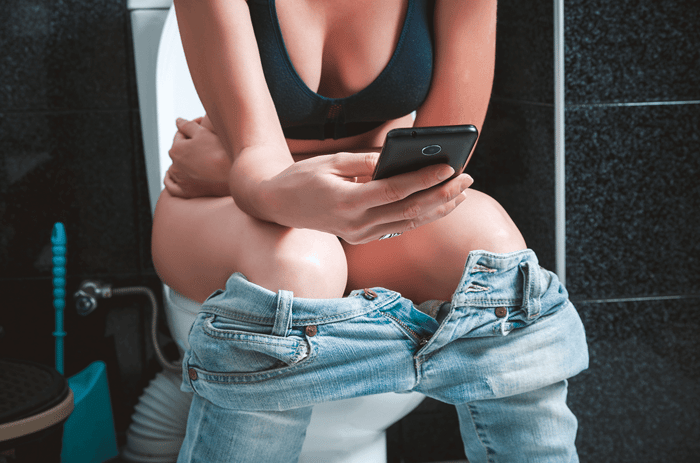
How much caffeine is there in different types of coffee? What kind has the least caffeine? More importantly, which kind contains the most caffeine? Read on (or, let’s be honest, skim on) to find the answer.
Grocery Store Coffees: Around 50-100 milligrams of Caffeine
Your average off-the-shelf coffee contains—ding ding ding! You guessed it—an average amount of caffeine. There’s not much to say here—when you find yourself putting on a second pot of coffee, then a third, and still feeling like you might fall asleep at your desk, there’s a good chance you’re drinking average coffee.
For those looking to drink an average cup of coffee, get an average productivity increase, and just generally live average—the grocery store shelf is a great place to snatch your next bag of beans. Unfortunately for those looking to get a strong caffeine boost from their coffee, this category is what the majority of coffees you’ll find on the shelf at your grocery store are. Blah.
Specialty Coffees: 50-300 milligrams of Caffeine
Some coffees available at the grocery store contain more caffeine than your average off-the-shelf coffee, but that might not mean much overall. In some of the worst cases of this, a specialty coffee may advertise a higher caffeine content per serving, then direct you to cram twice as many grounds into your filter. Or they might inflate the “serving size,” thereby making a single serving technically contain more caffeine, while you could get a similar jolt by just downing more coffee.
Some coffees aimed at the average consumer advertise twice the caffeine content, but depending on the method used to actually brew the coffee at home (and the average consumer doesn’t pay much attention to this beyond whether they have a Mr. Coffee or a Black & Decker) most people probably won’t notice much of a difference in energy levels after drinking a cup.
The placebo effect can be great at first, but it rarely lasts when it comes to drinking coffee day after day.
“Strong” Coffee Companies: 300+ milligrams of Caffeine
There are coffee companies out there that specialize in strong coffee, which many people read as “highly caffeinated.” Strength is one of those words that means a lot of different things to a lot of different people, and most coffee companies are just fine with this—which explains why a lot of people out there understandably confuse tasting stronger as being stronger in terms of caffeine content.
In actuality, whether a coffee tastes strong or not has nothing to do with its caffeine content—it has to do with its roast, as well as the beans involved. The darker the roast, the 'stronger' it tastes in your mouth.
As you’ve probably noticed, in recent years, there has been a proliferation of companies claiming to be the strongest—but most are vague about how much caffeine is actually in their coffee, and even fewer ever publish actual numbers or laboratory results to support their claims of being so strong. Understandably, it’s a lot easier to make your coffee taste strong and call it a day.
Black Insomnia: 1105mg of Caffeine per 12fl.Oz Cup
Enter Black Insomnia. Well boys… I reckon this is it. Black Insomnia offers the highest caffeine content available— 4 times more caffeine than your average cup of “average” coffee.
Unlike other coffees that just “taste strong,” Black Insomnia's flavor profile is smooth and sweet, thanks to its comparatively lighter roast. This means that while it tastes easier to the palate, it’s actually extremely strong (in fact, verified to be the strongest based on independent lab tests) in terms of caffeine content. Fortunately, both Black Insomnia’s classic roast and dark roast contain basically the same amount of caffeine, so those who still prefer a stronger tasting cup can get their fix.
You’d think they must be using some kind of synthetic additives, or maybe some “magic beans,” (well, kinda to the latter). Black Insomnia’s status as the world’s strongest coffee has to do with both a unique blend of rare and exclusive beans, and a highly-refined, artisanal roasting technique that was perfected over years of experimentation and optimization for caffeine content.
People used to basic coffee off the shelf at the grocery store might even call Black Insomnia’s 4x higher caffeine content “insanely strong,” but if insanely caffeinated coffee sounds intriguing to you, you should be the judge of that.

*Caffeine content does vary by everything mentioned above, and even by who is doing the testing. We put this together by using, in part, these resources:
